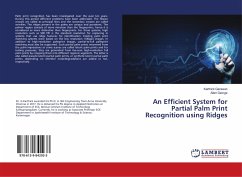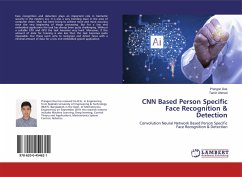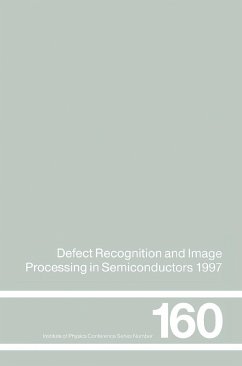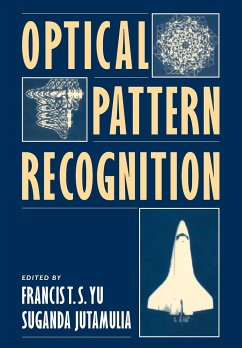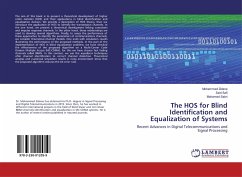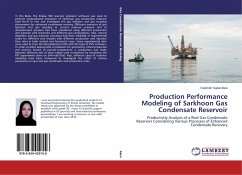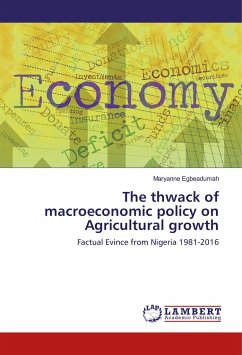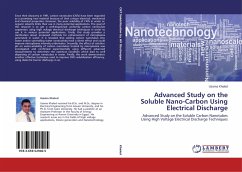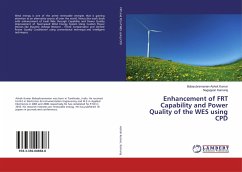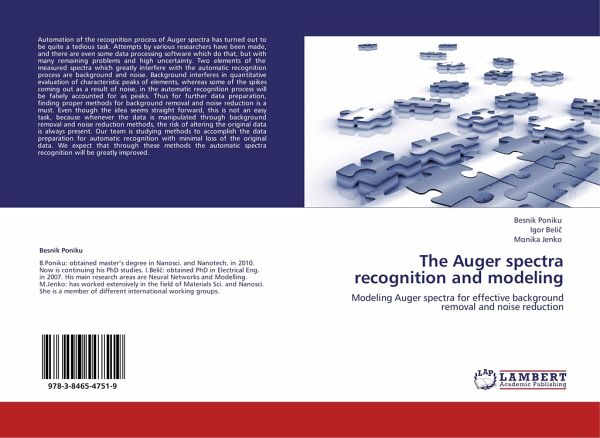
The Auger spectra recognition and modeling
Modeling Auger spectra for effective background removal and noise reduction
Versandkostenfrei!
Versandfertig in 6-10 Tagen
32,99 €
inkl. MwSt.

PAYBACK Punkte
16 °P sammeln!
Automation of the recognition process of Auger spectra has turned out to be quite a tedious task. Attempts by various researchers have been made, and there are even some data processing software which do that, but with many remaining problems and high uncertainty. Two elements of the measured spectra which greatly interfere with the automatic recognition process are background and noise. Background interferes in quantitative evaluation of characteristic peaks of elements, whereas some of the spikes coming out as a result of noise, in the automatic recognition process will be falsely accounted ...
Automation of the recognition process of Auger spectra has turned out to be quite a tedious task. Attempts by various researchers have been made, and there are even some data processing software which do that, but with many remaining problems and high uncertainty. Two elements of the measured spectra which greatly interfere with the automatic recognition process are background and noise. Background interferes in quantitative evaluation of characteristic peaks of elements, whereas some of the spikes coming out as a result of noise, in the automatic recognition process will be falsely accounted for as peaks. Thus for further data preparation, finding proper methods for background removal and noise reduction is a must. Even though the idea seems straight forward, this is not an easy task, because whenever the data is manipulated through background removal and noise reduction methods, the risk of altering the original data is always present. Our team is studying methods to accomplishthe data preparation for automatic recognition with minimal loss of the original data. We expect that through these methods the automatic spectra recognition will be greatly improved.



